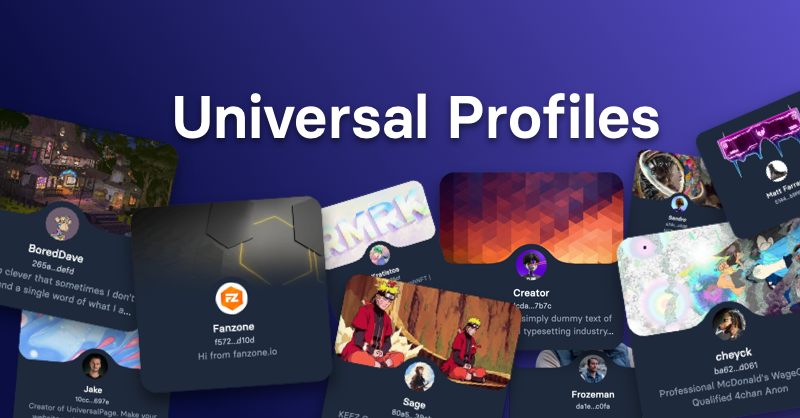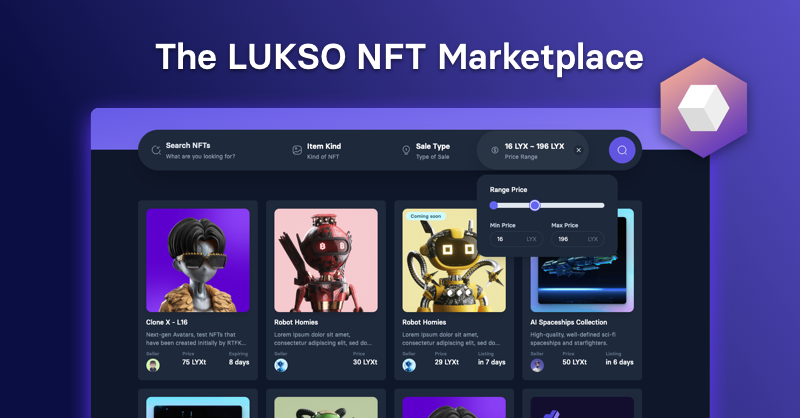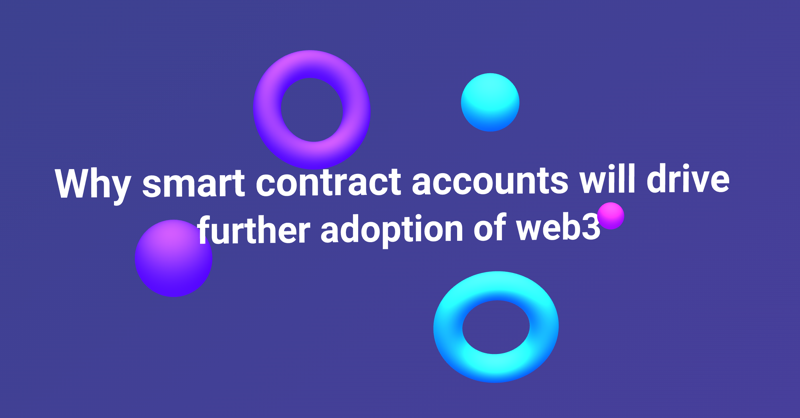What are Universal Profiles?
Universal Profiles are blockchain accounts that are owned entirely by their users. These profiles can act as public profiles and can be used to interact with decentralized applications. Users can store digital assets, such as NFTs and tokens, in these profiles.



Your Web3 Identity
Universal Profiles can serve as a secure identity on the blockchain. They can make using blockchain technology much easier and more convenient. They are built using different standards (LSPs) that can be updated or improved without changing everything at once.
LSP0ERC725Account
This is the core account contract, the backbone of your Universal Profile. It allows interaction with any other account or contract on the blockchain, stores data, and verifies if messages were signed by the account's owner.
LSP6KeyManager
This is like a security officer for your account. It checks if the addresses trying to interact with your account have the right permissions. It can execute transactions either directly or with a signed message by permissioned users.
LSP1UniversalReceiverDelegate
This is a helper for your account that decides how to handle incoming assets. For example, it could reject certain assets or add extra logic for how to process the asset.
LSP3Profile Metadata
This gives your Universal Profile its unique characteristics. Such as your profile picture, bio etc, somewhat similar to how your social media profile looks.
The missing link for Web3
Universal Profiles try to provide a more coherent, secure, and user-friendly experience for individuals or entities interacting with the blockchain. They offer more flexibility and are designed to be updatable, meaning changes or improvements can be made without affecting the overall structure of the profile.
Gass-less transactions
A transaction relayer allows applications to pay for users’ transaction fees.
Password Recovery
With user-friendly backup systems you cn have with multiple recovery methods.
On-chain Reputation
Creators, companies and brands can build their on-chain reputation. A true reputation that lasts.
Blockchain Profiles
Instead of a public hash users can have a rich profile with information like a name, bio, picture, etc.
Truly Decentralized
Profiles keep track of what goes in and out. No need for centralized APIs to know what you own.
Easy Fraud Detection
On-chain references make detecting fake and frauds easy. On-chain reputation will be a key factor.

Better Security and UX with Blockchain-based Accounts
It is almost impossible to build an identity solely based on keys, as they are easily lost or leaked, which could result in the loss of assets and reputation. A better way to represent one's identity would be through blockchain-based accounts.
These accounts can revolutionize the way we interact on-chain, allowing the use of multiple components in combination with a Controller (see LSP6 - Key Manager). With this combination, any entity can execute or set data on your profile directly or through relay execution. Additionally, developers can use contracts for social recovery in case of key loss. Together, these components can significantly enhance the blockchain experience.
From the blog
Posts and updates about Universal Page, NFTs 2.0, the creative economy, and more. Visit the blog.

What are Universal Profiles?
Learn what Universal Profiles are and how they can help you interact with the blockchain in a safe and user-friendly way.

Now live on L16: The open LUKSO NFT marketplace
Discover, collect, and sell NFTs 2.0 on the open LUKSO NFT marketplace. Create your own customized NFT storefront and sell directly to your audience.

Why smart contract-based accounts will drive further adoption of Web3
Web3 has two problems holding back further adoption: onboarding and user experience.